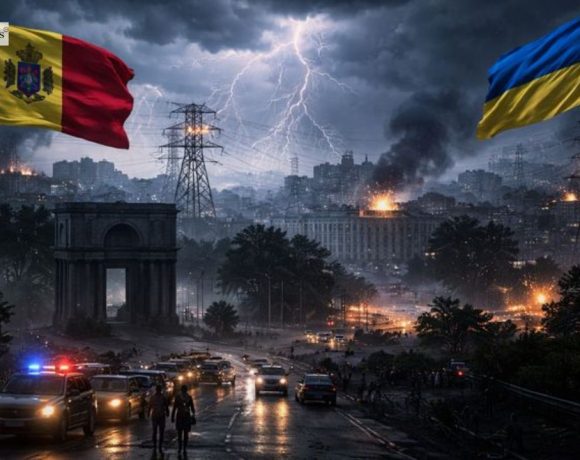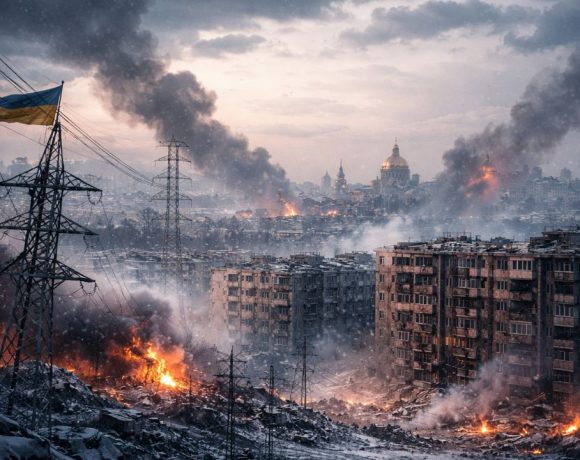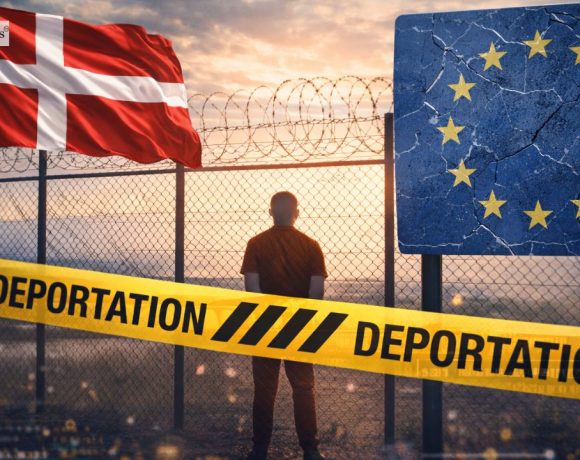
Moldova experienced widespread power cuts on Saturday after an emergency failure linked to neighbouring Ukraine’s electricity grid, according to officials. The outage affected the capital, Chisinau, and large parts of the country after disruptions in Ukraine caused a voltage drop on one of the main power lines supplying Moldova, the energy ministry said.
Chisinau mayor Ion Ceban said most districts of the city were left without electricity, with traffic lights and other essential services also knocked out. Authorities worked to manage the situation as residents faced sudden blackouts across urban areas.
Ukraine has also been hit by emergency power cuts, with electricity provider DTEK confirming outages in some regions. Kyiv’s metro was temporarily shut down and the city’s water supply was briefly halted. Ukraine’s power grid has been repeatedly targeted by Russian strikes in recent months, leading to ongoing electricity shortages that continue to affect both Ukraine and neighbouring countries.
Pic courtesy: google/ images are subject to copyright









